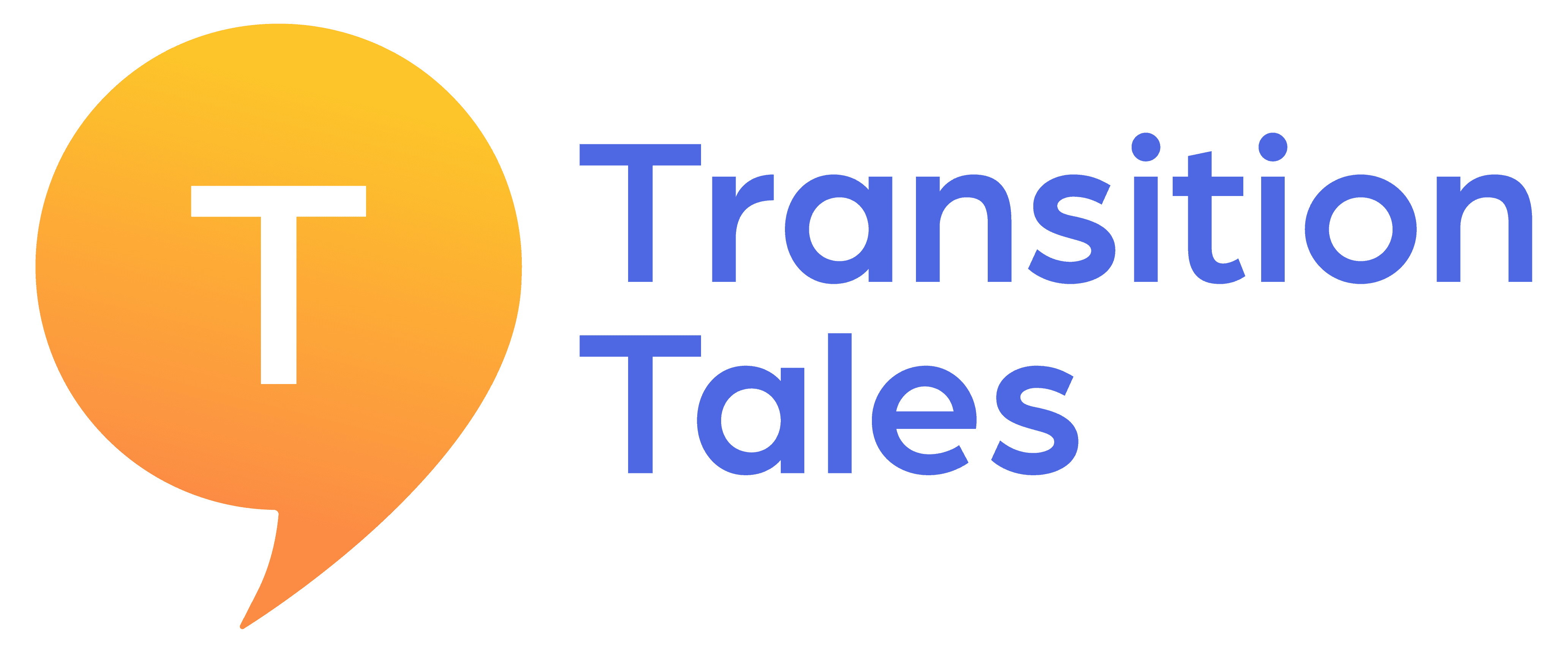You don’t need an MBA to become a Product Manager
Sep 1, 2024

MBA programs are awesome. But you don’t always need them to transition into a product manager role.
If you are stressing out because you think you need to spend one hundred thousand dollars on an MBA to transition into product management – don’t fear.
We interviewed over 30 Product Managers from top companies like Google, Adobe, and Uber who made the jump from finance, operations, and consulting to PM without an MBA. Here are the 3 steps that every one of them took to transition successfully.
Before we get into it, let's address the question: Why do so many people want to be a PM anyway?
Apart from the great pay (median salary of 124k and big tech salaries of well over 200k), product managers have a cool job of owning the strategic process of building out technology from start to finish.
It’s part CEO:
You are the CEO of your product piece within the company because every software product feature has a product manager pulling the strings!
As a PM, you help decide what a company decides to build, when they build it, how they build it, and you get to see it launch and actually impact the people who are using it.
In fact, a lot of notable tech CEOs like Ivan Zhao, the CEO of Notion, started their careers in Product Management.
It’s part cat herder:
The PM consists of a lot of stakeholder management, politics, and soliciting buy-in.
In order to bring a product to existence, there needs to be a lot of different elements that need to work together: engineering, design, data, operations.
You have to bring different teams and stakeholders together, convince them that the product is worth spending resources on, and keep everyone on track for the product to finally see the light of day.
All in all…
If you love to influence and lead and build cool products, a PM role could be great. If you hate people and stakeholder management, maybe a PM role is probably not the best role for you.
So. You want to be a PM without an MBA, what do you do?
OK so now we have that out of the way and you still want to be a PM, the next question is: how the heck do I become a PM without spending 100k+ on a degree?
There are 3 parts to this process. They should all be happening simultaneously to a certain extent.
All three parts of this process are dedicated to getting immersed in the product world.
Part 1: Learn to work, think, and interview like a PM
Every PM we interviewed read books, took 1-2 online courses, listened to PMs, and identified how they’re already doing parts of the PM job.
Here are books they read:
Decode and Conquer by Lewis Lin
Cracking the PM Interview by Gayle Laakmann McDowell
Inspired by Marty Cagen
Talk to literally any PM, and they will tell you they have at least one of these on their bookshelves. Just read them. Even if they seem a little too far ahead, these are THE books on product management and it will help you develop the same vocab as the PM teams you’ll be joining.
Apart from these books, they used the help of a few online programs that teach product management.
Usually, it was the combo of 1 online course and 1 PM intensive program with practice mock calls.
3 highly used and recommended online courses include:
Udemy's "Become a Product Manager | Learn the Skills & Get the Job"
Linkedin Learning’s: Becoming a Product Manager, A Complete Guide
Coursera's "Digital Product Management: Modern Fundamentals"
4 highly used and recommended online programs/communities include:
It doesn’t really matter which one of these you do - All of them were used by successful transitioners. Just pick one of each and do it! The important thing here is using these programs to help you practice mock interviews.
Finally, listening to the stories of PMs helps. If you have PMs at your company - start talking to them. Make them your mentors, or better yet, your friends. Use your alumni connections, your family connections, any connection, and talk to as many PMs about their job and their own career transition. Ask them what they would do if they were in your shoes.
If you hate networking - read or watch PMs online. Transition Tales, Youtube, Reddit, Quora, are all great resources.
Basically, start developing relationships in the PM world.
Sign up for our newsletter
Discover inspiring stories, valuable resources, and advice to navigate your
career transition with people who are two steps ahead of you.
Part 2: Identify your starting point and your unique advantages
Every PM we interviewed realized in order to make the quickest, smoothest transition, they needed to play to their strengths.
If you have a tough time to identify what your strengths are, here are some common strengths of people transitioning from different industries and fields:
If you are currently a consultant, one strength is the fact that both PMs and consultants need to be incredibly good at stakeholder management, strategy, and communication skills. Your ability to communicate your stakeholder management strategies and skills can set you apart in a competitive job market.
If you are currently in operations, your opportunity lies in the fact that a lot of internal ops initiatives look like product management initiatives – especially if there is a user problem you help solve through building an internal tool with developers. The experience of working with developers on any internal use case is a critical advantage.
If you work in customer support or customer success, there’s a playbook for you. You have the unique advantage of being close to customer problems and you might be able to become a bridge from product to customers in your existing job and use that experience to transition.
If you are working in any other industry or field, your strength lies in your domain expertise! For example: if you are working in a highly regulated industry, you will find an easier time getting a job as a PM in another highly regulated industry because you have expertise in the complex processes unique to these industries. If you work in marketing, you can work with a product team that is building a marketing product, etc.
The key is finding teams that need your expertise and being able to communicate how your unique experiences can be invaluable to them. Instead of spraying and praying and applying to every single PM opportunity - focus on opportunities in industries where you have unique domain expertise and be sure to communicate the expertise you developed to the hiring team.
The key to not “starting over” is realizing that you might have more transferable knowledge and skills than you even realize. You need to learn how to identify and communicate all the things you can do now to Product Management hiring managers. Additionally, you have to know how to identify the companies and teams that will value the unique expertise you currently have.
What have you done in your past roles that is unique? Is it an international launch? Is it working in a niche market? Write down all the unique skills and knowledge you have and keep that in mind when you are looking for opportunities. Don’t miss opportunities to point out your unique advantage!
If you’re having trouble with this part, be sure to check out how your peers used their unique strengths to break into the PM role in Transition Tales.
Part 3: Have the patience and the motivation to play the game
Every career transition game is emotionally tough. An important piece of any career transition is to know that they take a long time. Patience is a virtue in career transitions!
And depending on how close you are to the PM world, the full process takes anywhere from a few months to 2-3 years.
….
There is no silver bullet to anything in life, but these are pretty nice bullets if you’re trying to be a PM, if we do say so ourselves.
Hope this helps! Leave questions and comments for us here!
Transition Tales
